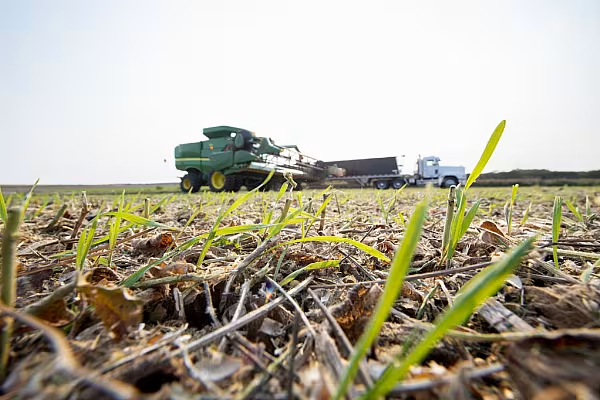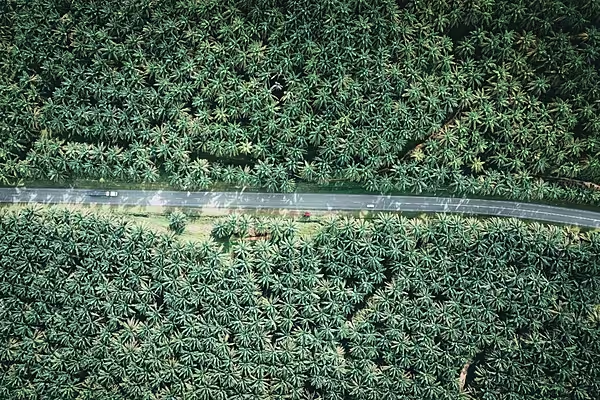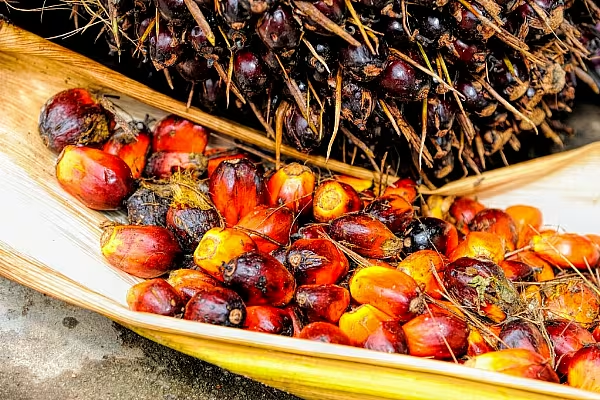Commodities trader Cargill has deployed solutions across its soy, palm oil and cocoa supply chains to prevent deforestation and enhance its monitoring capabilities.
The company has teamed up with Dutch 'NatureTech' company Satelligence to implement solutions to protect, regenerate and restore landscapes.
The partnership will see Satelligence provide Cargill with near-real-time, satellite-powered deforestation risk monitoring across its soy, palm oil and cocoa supply chains.
According to Niels Wielaard, CEO of Satelligence, the partnership will help Cargill build on its sustainability commitments and cut deforestation at the source.
"At Cargill, we understand that mitigating the impact of climate change is crucial to global food security, and protecting vital ecosystems plays a central role. That is why as a company we are laser focused on deforestation- and conversation-free initiatives," said Matt Wood, Cargill’s global impact data, analytics and technology lead.
Supply Chain Monitoring
The solutions offered by Satelligence use open-source, science-based methodologies, certified by Ernst & Young.
Morever, the satellite sensor-independent system, with daily updates, can be used across geographies for real-time monitoring.
The solutions will also help understand supply chains and differences in dynamics between geographies.
Wood added, "In addition to our monitoring work with partners like Satelligence, we are also accelerating our efforts and investment with new programmes that will protect and restore essential landscapes while providing meaningful pathways for farmers to advance their livelihoods."
In March 2023, Nestlé and Cargill announced a combined investment of $15 million (€13.8 million) to scale the adoption of voluntary conservation practices that help fight climate change.
The initiative will bring together private landowners and local conservation organisations in the United States to support voluntary land management practices, improve water management, and restore wildlife habitats.











